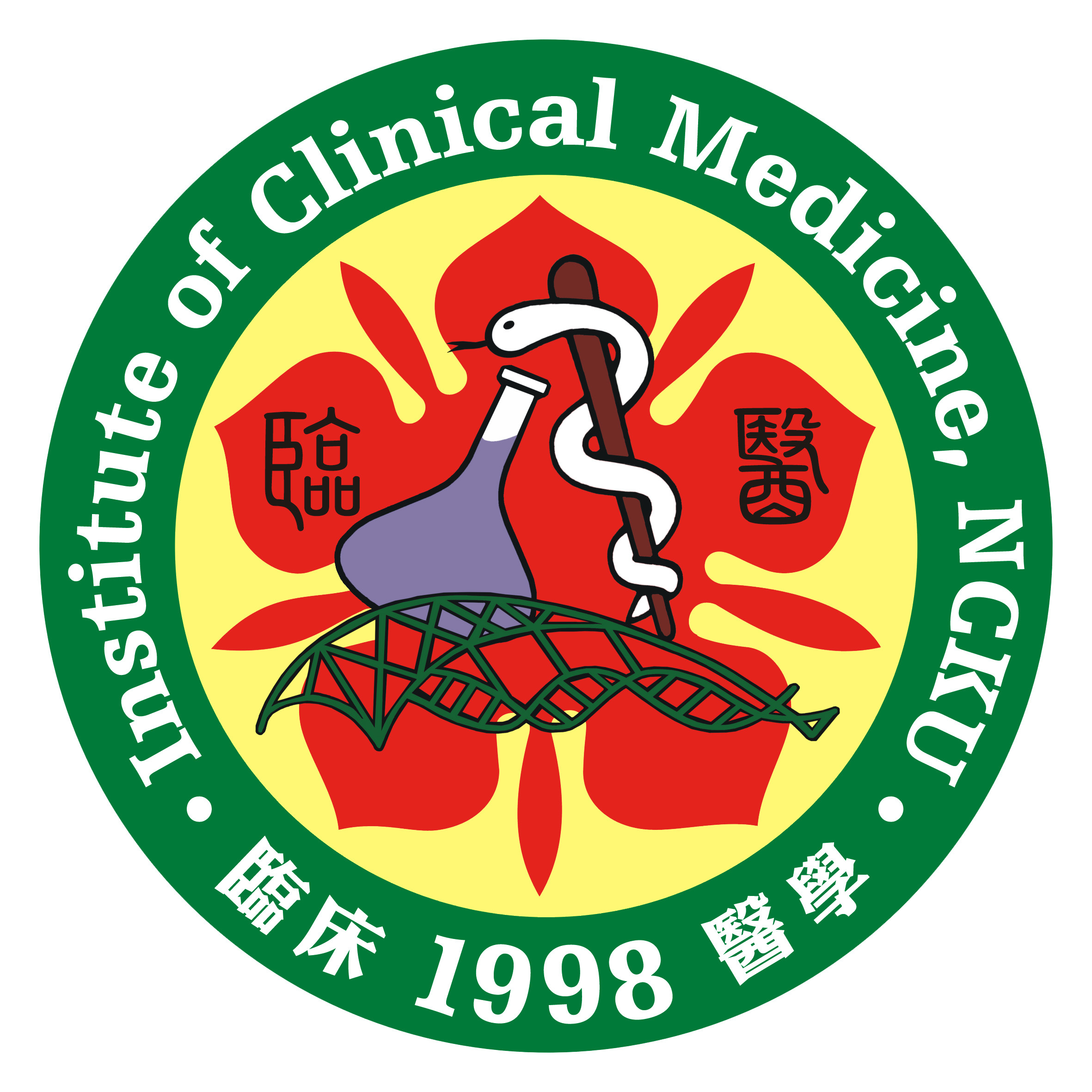劉秉彥 老師, Empagliflozin attenuates doxorubicin-induced cardiotoxicity by inhibiting the JNK signaling pathway., Biomed Pharmacother . 2024 May 23:176:116759.
Abstract
Background: Sodium-glucose cotransporter-2 inhibitors, such as empagliflozin, are pivotal therapies for heart failure. However, the effect of empagliflozin on doxorubicin-related cardiac dysfunction remains unclear.
Methods: Human induced pluripotent stem cell- and embryonic stem cell-derived cardiomyocytes were used to investigate the direct effect of empagliflozin on human cardiomyocytes. Then, the c-Jun amino-terminal kinases (JNK) inhibitor SP600125 was administered to the doxorubicin cardiotoxicity model in vitro and in vivo to investigate the role of JNK in empagliflozin.
Results: In human stem cell-derived cardiomyocytes, pretreatment with empagliflozin attenuated doxorubicin-induced cleavage of caspase 3 and other apoptosis markers. Empagliflozin significantly attenuated doxorubicin-induced phosphorylation of JNK and p38. Inhibiting the phosphorylation of JNK (SP600125) or STAT3 attenuated doxorubicin-induced apoptosis, but inhibiting the phosphorylation of p38 did not. SP600125 inhibits the phosphorylation of STAT3 (S727), and a STAT3 (Y705) inhibitor also inhibits the phosphorylation of JNK. Empagliflozin and SP600125 attenuated doxorubicin-induced increases in reactive oxygen species (ROS) and decreases in oxidized nicotinamide adenine dinucleotide (NAD+). In animal studies, empagliflozin and SP600125 attenuated doxorubicin-induced cardiac dysfunction and fibrosis.
Conclusions: Empagliflozin attenuated doxorubicin-induced apoptosis by inhibiting the phosphorylation of JNK and its downstream signaling pathways, including ROS and NAD+.
Keywords: Cardiotoxicity; Doxorubicin; Empagliflozin; Human embryonic stem cell-derived cardiomyocytes; Human induced pluripotent stem cell-derived cardiomyocyte; JNK; SGLT2 inhibitor; hiPSC-CM.
